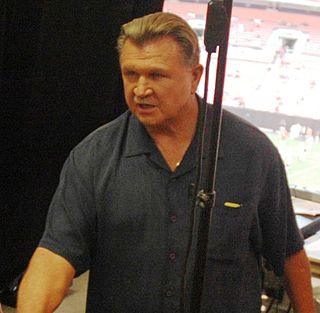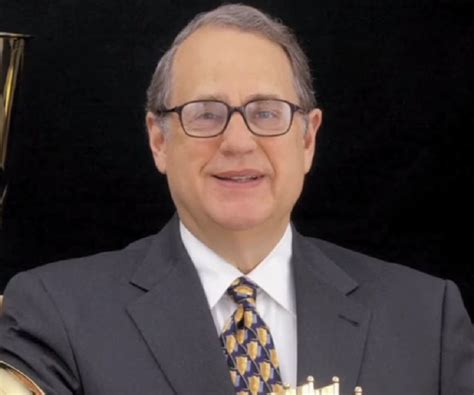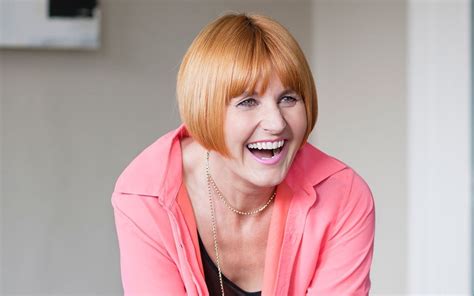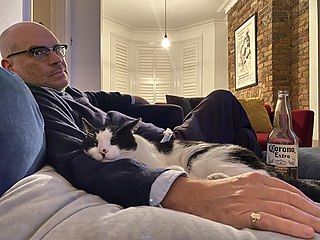A Quote by Andrew Yang
I meet young people all the time who say something like, 'I want to work in venture capital.' And I can see why. Who wouldn't want to be smart, well-paid, dispense large sums of money, and tell people what to do?
Related Quotes
I never heard of anyone saying they want to deploy their capital wisely and go buy a sports franchise. What you want to do is just not lose money. You see, I don't have to work anymore. I tell people I don't have a real job. On the other hand, I learned long ago that you can't go broke if you turn a profit.
When you meet people at dinner parties, you'll ask what they do and it might be a woman who'll say: "Oh I used to work but I'm only a housewife now." They'll put down what they've achieved, like raising kids. You want to say to people "well you're just a wonderful human, just because I have my gob on the telly and I've made some money, it doesn't make me successful or any better than you."
The thing with America is that... however you want to denigrate them for being crass or whatever, with a film that they like and think is well written, well-made and is popular, they actually want to work with those people and want to follow that, whereas I've had nothing coming in from the UK... nothing at all. Whether that sums up the state of the industry now, I don't know. But it's strange.
We tell the for-profit sector, 'Spend, spend, spend on advertising until the last dollar no longer produces a penny of value,' but we don't like to see our donations spent on advertising in charity. Our attitude is, 'Well look, if you can get the advertising donated (at four o'clock in the morning) I'm okay with that, but I don't want my donation spent on advertising, I want it to go to the needy,' as if the money invested in advertising could not bring in dramatically greater sums of money to serve the needy.
To maintain a consistency when people come to see the band takes a lot of work; it takes a lot of discipline. I go to the studio every day and sing and play. I never did that when I was, like, 30. I'd probably have a drink and walk on - and see what comes out. But now if there's ten albums' worth of material people are coming to hear some of, and they've paid money for a ticket, you become a different person when you go on and you want to give the best show you can. You want to be better at what you do.



































